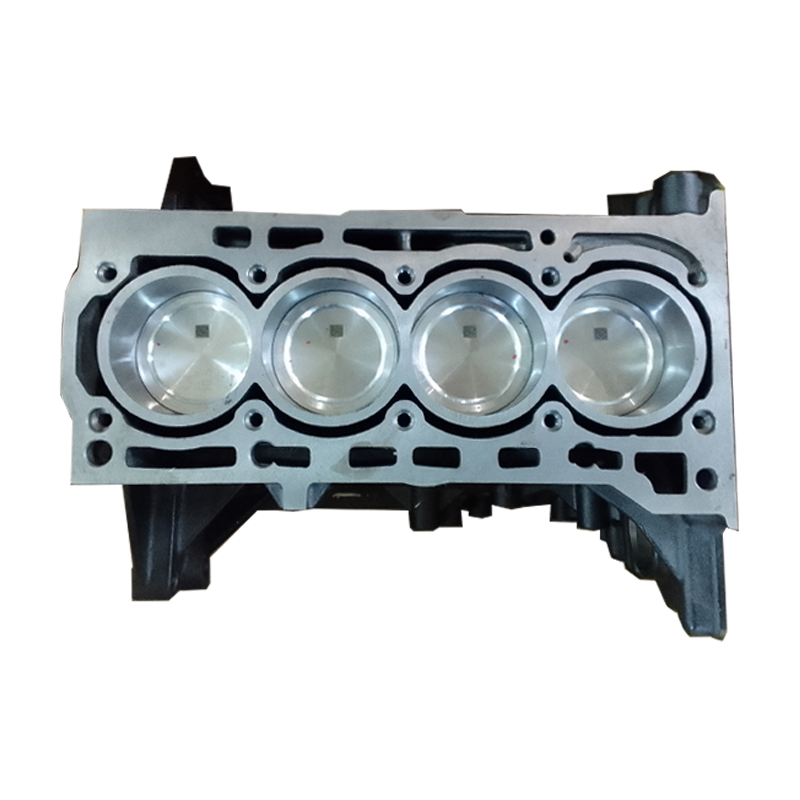Exactly How a Clp Engine Can Enhance Efficiency in Different Industries
The introduction of CLP engines marks a significant shift in operational efficiency across various fields, driven by their ability to enhance gas consumption and decrease downtime. As companies increasingly focus on sustainability alongside performance, the function of CLP engines becomes even extra crucial.
Review of CLP Engines
CLP engines, or Continuous Fluid Propellant engines, stand for a significant advancement in propulsion modern technology, especially for area applications. These engines make use of a continual feed system that permits the sustained expulsion of propellant, bring about boosted efficiency and efficiency compared to typical strong or hybrid propulsion systems. By preserving a consistent flow of liquid propellant, CLP engines can achieve more precise drive control, which is crucial for steering spacecraft in different mission scenarios.
The layout of CLP engines incorporates advanced materials and cutting-edge gas management systems. clp engine. This causes minimized weight and boosted reliability, crucial factors for long-duration area goals. The constant procedure lessens the threat of burning instability, a typical difficulty in conventional rocket engines.

Advantages in Manufacturing
The production of Constant Fluid Propellant (CLP) engines presents a number of noteworthy advantages that improve both effectiveness and cost-effectiveness. One of the main advantages is the streamlined production process, which minimizes the intricacy related to traditional propulsion systems. By utilizing liquid propellant, manufacturers can accomplish better accuracy in engine efficiency, leading to maximized energy output and reduced waste.
Furthermore, CLP engines promote a higher degree of modularity, permitting less complicated integration right into different production lines. This versatility can significantly decrease lead times and enhance overall functional adaptability. Making use of CLP modern technology also often tends to lessen the need for substantial upkeep because of less moving parts, which translates right into reduced downtime and operational expenses.

Applications in Logistics
Leveraging Continuous Liquid Propellant (CLP) engines in logistics provides considerable advantages in functional performance and integrity. These engines provide a durable remedy helpful hints for different transport needs, allowing the smooth activity of products throughout substantial ranges. The inherent design of CLP engines enables consistent power outcome, which equates into smoother and much more foreseeable transport routines.
Among the crucial applications of CLP engines in logistics remains in durable freight transport, where they can drive both ground and aerial lorries. Their capacity to maintain high performance under differing lots conditions ensures that shipment timelines are satisfied, thereby boosting client satisfaction. Additionally, CLP engines can be integrated right into automated logistics systems, promoting real-time monitoring and enhancing path planning.
Furthermore, the sturdiness of CLP engines reduces upkeep downtime, allowing logistics business to maximize their operational abilities. This is particularly helpful in warehousing operations, where efficiency in handling and transferring goods is important. As logistics continues to advance, the assimilation of CLP engines represents a forward-thinking try this technique that not only boosts performance yet likewise supports the industry's growing demands for dependability and speed.
Effect on Power Performance
How do Continual Fluid Propellant (CLP) engines boost power effectiveness in transport? CLP engines use a constant circulation of fluid gas, enhancing combustion processes and preserving a secure thrust result. This design lessens power losses associated with typical combustion engines, where gas distribution can vary and bring about ineffectiveness.
The constant procedure of CLP engines permits an extra effective thermal cycle, causing greater details impulse compared to conventional engines. clp engine. This translates to lowered gas usage for the exact same amount of job done, considerably lowering operational costs across different transportation sectors, including air travel and maritime markets
Additionally, the capability of CLP engines to maintain optimal efficiency under varying tons conditions reduces the need for frequent velocity and slowdown, further enhancing gas performance. Improved energy performance not only adds to set you back savings yet likewise brings about decrease greenhouse gas discharges, lining up with global sustainability goals.
Future Trends and Innovations
Arising advancements in Continual Liquid Propellant (CLP) engine technology assurance to change the landscape of transportation efficiency and sustainability. As sectors pivot towards greener options, CLP engines stand at the forefront, incorporating cutting-edge materials and design methodologies that boost efficiency while minimizing ecological effect.
One of one of the most encouraging patterns is the adoption of crossbreed systems that combine CLP engines with renewable resource sources. This synergy can maximize fuel usage and decrease exhausts, aligning with worldwide sustainability goals. Improvements in computational liquid characteristics (CFD) are helping with the design of even more aerodynamically reliable engines, leading to reduced drag and improved gas efficiency.
Moreover, the growth of wise monitoring systems is readied to enhance operational effectiveness. These systems leverage data analytics and IoT innovation to enhance engine performance in real-time, making sure that the engines operate within their most effective criteria.
As research study go remains to check out different propellant formulations-- such as biofuels and artificial gas-- the future of CLP engines looks appealing. By taking advantage of these developments, sectors can not only enhance their performance however likewise add considerably to a cleaner, extra lasting future in transport.
Verdict
In conclusion, CLP engines represent a significant improvement in effectiveness throughout multiple sectors. The assimilation of sophisticated products and fewer relocating components decreases maintenance requirements, while alignment with sustainability goals settings CLP engines as a critical innovation for the future.